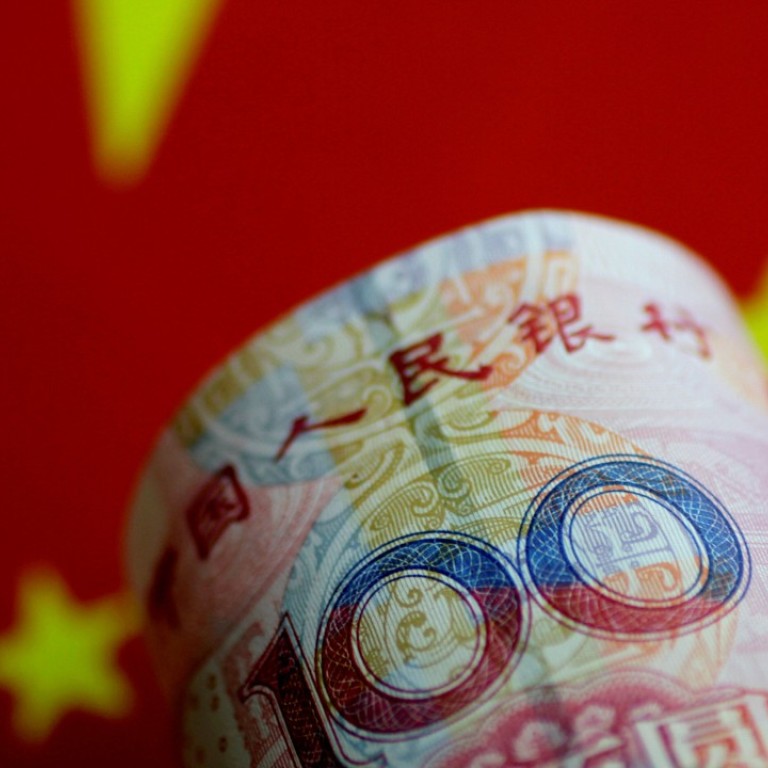
China ready to use ‘counter-cyclical’ measures to curb foreign exchange volatility
Regulator confident Beijing can cope with trade challenge given size of reserves
China’s foreign-exchange regulator said it has to assess the impact of trade friction on capital flows and will use “counter-cyclical” measures to respond to short-term volatility, but expressed confidence Beijing can cope with any challenge, given its “ample” reserves.
Wang Chunying, a spokeswoman at the State Administration of Foreign Exchange (Safe), said on Thursday that the regulator “will improve and optimise macro-prudential management and micro-level market supervision on cross-border capital flows”.
“We will make counter-cyclical adjustments to cope with short-term volatility in foreign exchange markets to maintain stability in the financial system and balance in international payments,” she told a media briefing.
A China borrower’s US$11 billion debt pile comes crashing down
There was no immediate reaction to Wang’s remarks in onshore and offshore yuan markets, where the currency has weakened about 7 per cent against the dollar since the end of the first quarter.
Since the yuan had its worst month on record in June, traders and economists have been on alert for intervention or other attempts to slow its slide.
Wang said Safe is “paying high attention to cross-border capital flows” and the regulator “has been enriching and improving contingency plans and policy reserves”.
How the US-China trade war is shaping Xi’s economic agenda
In May 2017, after a period of decline for the yuan, the People’s Bank of China added a secret “counter-cyclical factor” to its formula for calculating the midpoint reference rate for trading of the currency. The central bank effectively removed the x-factor at the start of this year, as the yuan rebounded.
Some analysts have speculated that the authorities may re-apply the counter-cyclical factor to dampen depreciation expectations and slow the yuan’s latest downtrend.
Wang told the briefing that China’s foreign debt levels were under control and that SAFE would closely monitor any changes and provide policy guidance as needed.
In Thursday morning trading the yuan was trading at 6.7375 per dollar, down about 0.25 per cent from the late close on Wednesday.

